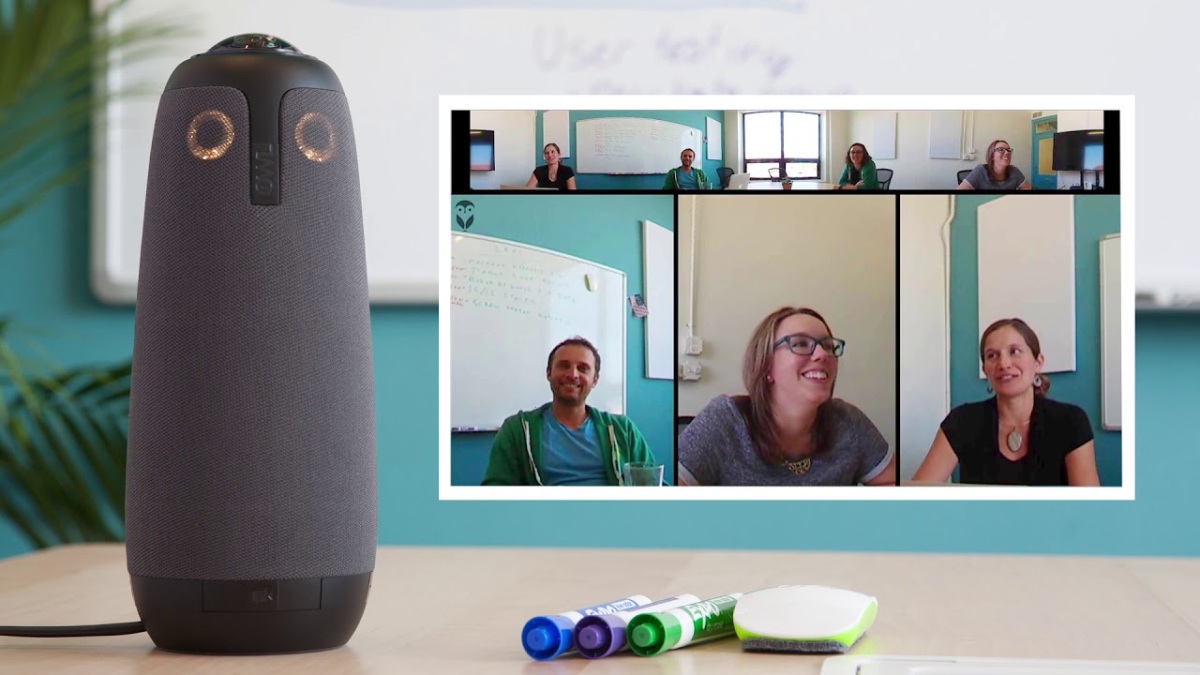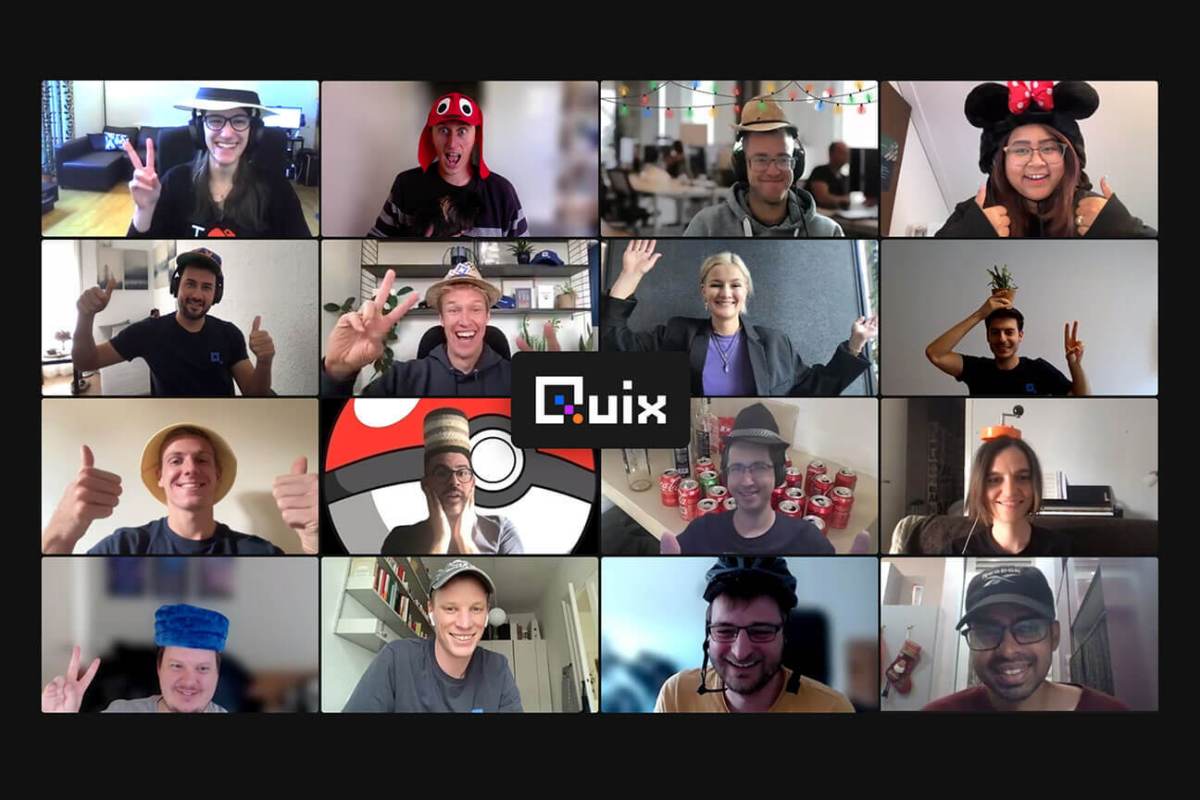Meeting camera startup Owl Labs lands $25M and partnership with HP • ZebethMedia
Owl Labs, a startup developing a linuep AI-powered meeting hardware, today announced that it raised $25 million in a Series C round led by HP Tech Ventures (HP’s venture capital arm) with participation from Sourcenext, Matrix Partners, Spark Capital and Playground Global. The closing of the tranche marks the start of a strategic partnership with HP, Owl Labs CEO Frank Weishaupt says, which will see HP invest in Owl Labs’ various product offerings while providing sales coverage and outreach with enterprise customers. HP, notably, recently acquired Poly, which developed a range of video and voice devices and software for virtual conferencing. Weishaupt sees no conflict, arguing that Poly’s products are complementary with Owl Labs’ and show “HP’s commitment to transforming the workplace to a hybrid model.” “The funding will allow Owl Labs to continue its accelerated growth … Owl Labs will use the investment to support product development and increase global adoption of the company’s products, including the [Owl Labs’] product line,” Weishaupt told ZebethMedia in an email interview. “The funding will also be used to expand Owl Labs’ global footprint and deepen go-to-market partnerships starting with a commercial agreement between Owl Labs and HP France, where HP will sell Owl Labs’ products through their local sales team.” Owl Labs was founded by Mark Schnittman and Max Makeev in 2014, who sought to develop a better videoconferencing experience than cameras at the time could achieve. (Weishaupt, a former CarGurus exec, joined Owl Labs as CEO in early 2019.) Drawing on their work at iRobot, the Schnittman and Schnittman created Owl Labs’ first product, the auto-swiveling Meeting Owl Pro, after testing the concept by putting a laptop on a spinning stool. Today, Owl Labs sells several products, including a dedicated whiteboard camera, meeting room control console and its latest-generation meeting camera, the Meeting Owl 3. The Meeting Owl 3 features a mic and speaker array paired with a 360-degree camera, which zooms in on whoever’s speaking. There’s countless “intelligent” meeting cameras on the market, including from heavy hitters like Microsoft and Google. But Weishaupt makes the case that Owl Labs’ software is a differentiator. Called the Owl Intelligence System, it allows customers to connect up to two Meeting Owls to expand their video and audio range and add facial recognition including for masked faces. “Meeting Owl 3 is the only 360-degree videoconferencing device on the market that can be connected to others to expand reach in larger spaces,” Weishaupt said. ” Owl Labs’ technology learns the space to create a more seamless experience, getting smarter over time.” Owl Labs got caught in a negative press cycle earlier this year when a security firm, Modzero, uncovered vulnerabilities in several models of the Meeting Owl and whiteboard camera that attackers could’ve exploit to obtain sensitive data. Owl Labs patched the exploit, which doesn’t appear to have majorly dented sales — Weishaupt says that over 130,000 organizations are using Owl Labs products including 84 Fortune 100 companies. “We can share that we’ve had a solid growth trajectory with more than 3x revenue growth year-over-year and 7x revenue growth since the pandemic began,” Weishaupt said, declining to share more precise revenue figures. “Owl Labs became the first company to build AI-powered, 360-degree video conferencing solutions for hybrid organizations. Owl Labs as a company was hybrid pre-pandemic and are experts at using technology to bridge the gap between remote and in-person work environments.” To date, Boston-based, over-100-employee Owl Labs has raised $47 million in funding.









